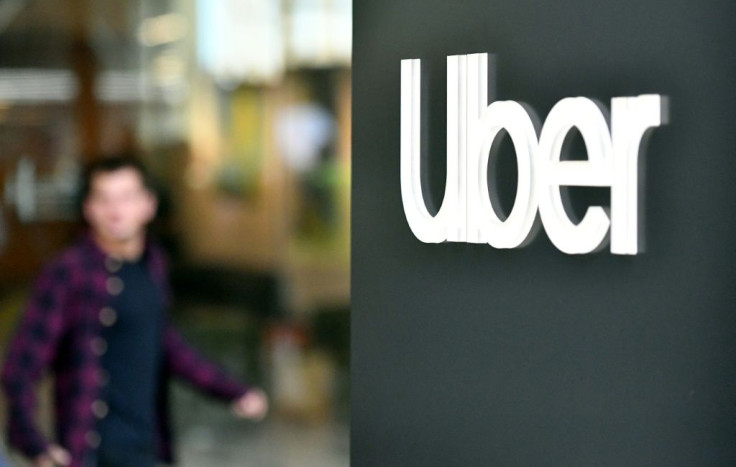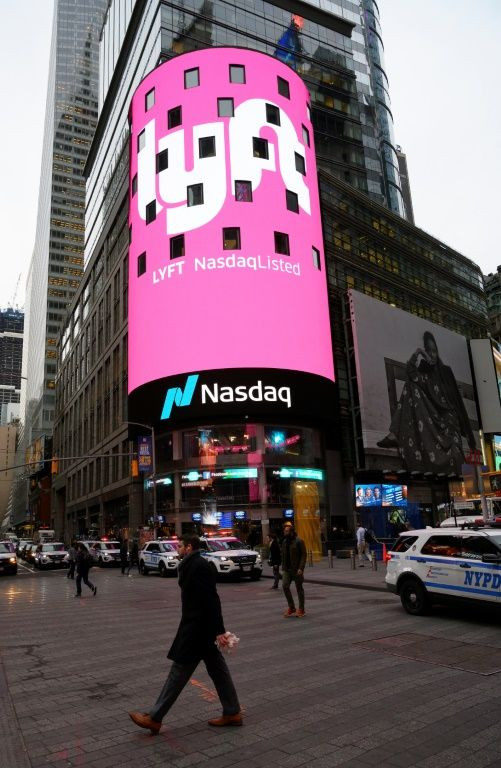Uber-Lyft To Stop California Services Absent Reprieve
Uber and Lyft are hoping a courtroom reprieve will spare them from shutting down their rival smartphone-summoned ride services in California on Friday.
The companies are awaiting word from an appeals court whether they will be able to delay having to abide by a new state law that officials argue requires them to reclassify drivers as employees entitled to worker benefits.
A judge gave them until the end of Thursday to make the change, which both companies argue is too complex and costly to do quickly.
Uber and Lyft have said they will suspend ride services in their home state, most likely until after voters in November determine the fate of a proposition they are sponsoring.
The proposition, which would become law if approved, would keep drivers classified as contractors but provide benefits such as health care.
"California is trying to do the right thing, but this is the wrong time for it," said technology analyst Rob Enderle of Enderle Group, referring to a job market crippled by the pandemic.

"This is not a time when you want to knock a whole lot of people out of work, which is the danger here."
A judge last week granted a restraining order in a lawsuit filed by California attorney general Xavier Becerra and three cities including San Francisco, where Lyft and Uber are based.
The suit calls on the two rideshare companies to comply with a new state law that requires "gig workers" to be classified as employees, eligible for unemployment, medical and other benefits.
A judge ordered Uber and Lyft to reclassify drivers as employees and has refused pleas to extend his deadline past Thursday, according to an appeal filed by Lyft.

"Because Lyft cannot make the changes the injunction requires at the flip of a switch, absent immediate action by this court, Lyft will be forced to suspend its rideshare operations in California," the company argued in its appeal.
This would cause "widespread disruption to hundreds of thousands of drivers, millions of riders and the state's transportation infrastructure," according to the appeal.
Uber's chief executive Dara Khosrowshahi has said the company will "have to essentially shut down Uber until November when the voters decide."
Uber and Lyft back a referendum to overturn the law, while pledging to provide benefits for a social safety net that would keep gig workers independent.
The rideshare rivals maintain that most of their drivers want to remain independent even if they also are looking for benefits.
"We don't even know if we are going to keep driving, because of this situation," said Alexander Palacios, a 43-year-old Uber driver in Los Angeles.
"Honestly, I don't mind, because I think Uber and Lyft deserve it because they've been doing really bad to drivers for a long time."
A backup plan for Uber would be to pause operations in California, eventually restarting with "a much smaller service, much higher prices" according to Khosrowshahi.
The threat to its business model puts pressure on Uber to move faster toward its vision of dispatching self-driving cars to provide rides on demand, Enderle said.
"Uber is pivoting to autonomous cars, so something was going to happen to the drivers anyway," Enderle said.
"You were either going to be an employee or you were going to be unemployed; there was a sword of Damocles hanging over this anyway."
© Copyright AFP 2024. All rights reserved.





















